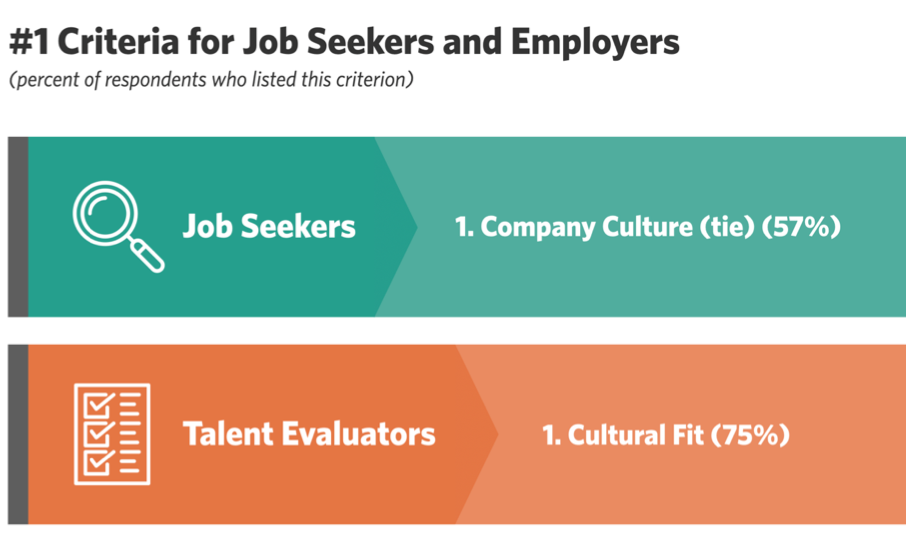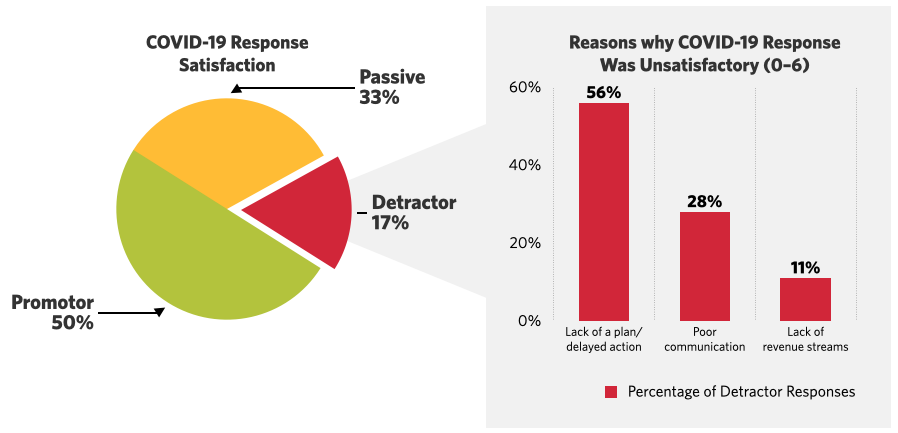Year after year, our annual High Growth Studies highlight an ongoing theme: attracting and retaining talented team members remains a top challenge for professional services firms.
The professional services marketplace is changing fast. Buyers are changing the way they purchase services, our organizations are adapting to a radical shift toward remote work, and more specific skills are needed from our marketing and business development teams to help firms be found, build trust, and close deals.
Meanwhile, on the HR front, a quiet war for top talent continues.
A Timely Second Study
For a second time, the Hinge Research Institute has conducted its Employer Branding Study. The largest of its kind, the study fielded responses from 1,034 talent recruiters and job seekers across 10 industry groups around the world. Respondents were segmented by industry, career stage, and job search status—non-seekers, passive seekers, and active seekers. You can download the Executive Summary for free today.
The study was conducted as businesses around the world grappled with the past four months’ health, economic, and political crises. So now more than ever, it is essential that leaders of professional services firms understand and adapt to the changing recruiting and employee retention landscape if they are to thrive in an evolving world. So what did we learn?
Download the Employer Branding Study: Second Edition
Culture, culture, culture
First, according to the study, 57% of job seekers consider culture as important as pay when evaluating job prospects. Corroborating culture’s importance, cultural fit edged out work history and experience among 75% of recruiters.
 In today’s crisis environment, potential hires are taking a hard look at whether prospective employers’ values are aligned with theirs, while recruiters and talent evaluators are putting a premium on maintaining a healthy workplace culture. Companies should pay as much attention to their employer brand as they do to their financials. Their reputation as a workplace is crucial to attract and keep the people they need to deliver on their brand promise and get through any disruption.
In today’s crisis environment, potential hires are taking a hard look at whether prospective employers’ values are aligned with theirs, while recruiters and talent evaluators are putting a premium on maintaining a healthy workplace culture. Companies should pay as much attention to their employer brand as they do to their financials. Their reputation as a workplace is crucial to attract and keep the people they need to deliver on their brand promise and get through any disruption.
Career Stage Matters
Study participants categorized themselves in one of three career stages: entry level, mid-career, and senior level/leadership. When it comes to selecting a firm to work for, salary was the most important factor across all three levels, but company culture came in second for mid-career and senior-level employees, and tied for third place among entry-level candidates. Culture is an enduring theme across the employment process.
Crisis and Merger and Acquisition Response
Responses to questions on how their firms handled major disruptions show participants’ heightened concern about company culture, as well as culture’s impact on turnover.
When it comes to the pandemic, most employees gave their firms passing grades. Only 17% were dissatisfied, giving their firm a score of 6 or lower on a 10-point scale. The most common reason respondents gave a poor rating was their firm’s lack of a plan or slow response to the crisis.

The pandemic is not the only way in which firms have experienced radical change. Mergers and acquisitions present a unique disruption on the employer branding front. When asked what respondents would change about how their firm handled a merger or acquisition, 69% cited having a formal integration strategy and a plan for employees to prepare and adjust.
Key Insights
The study throws three key insights into relief:
- Cultivating a strong employer brand is a strategic imperative, as it plays a crucial role in recruiting and keeping talent
- Businesses should tailor employer brand messaging according to a candidate’s career stage, industry, position, and talent profile
- As job seekers make decisions based increasingly on information that they find online, companies should close the gap between what they do and what they say they do
